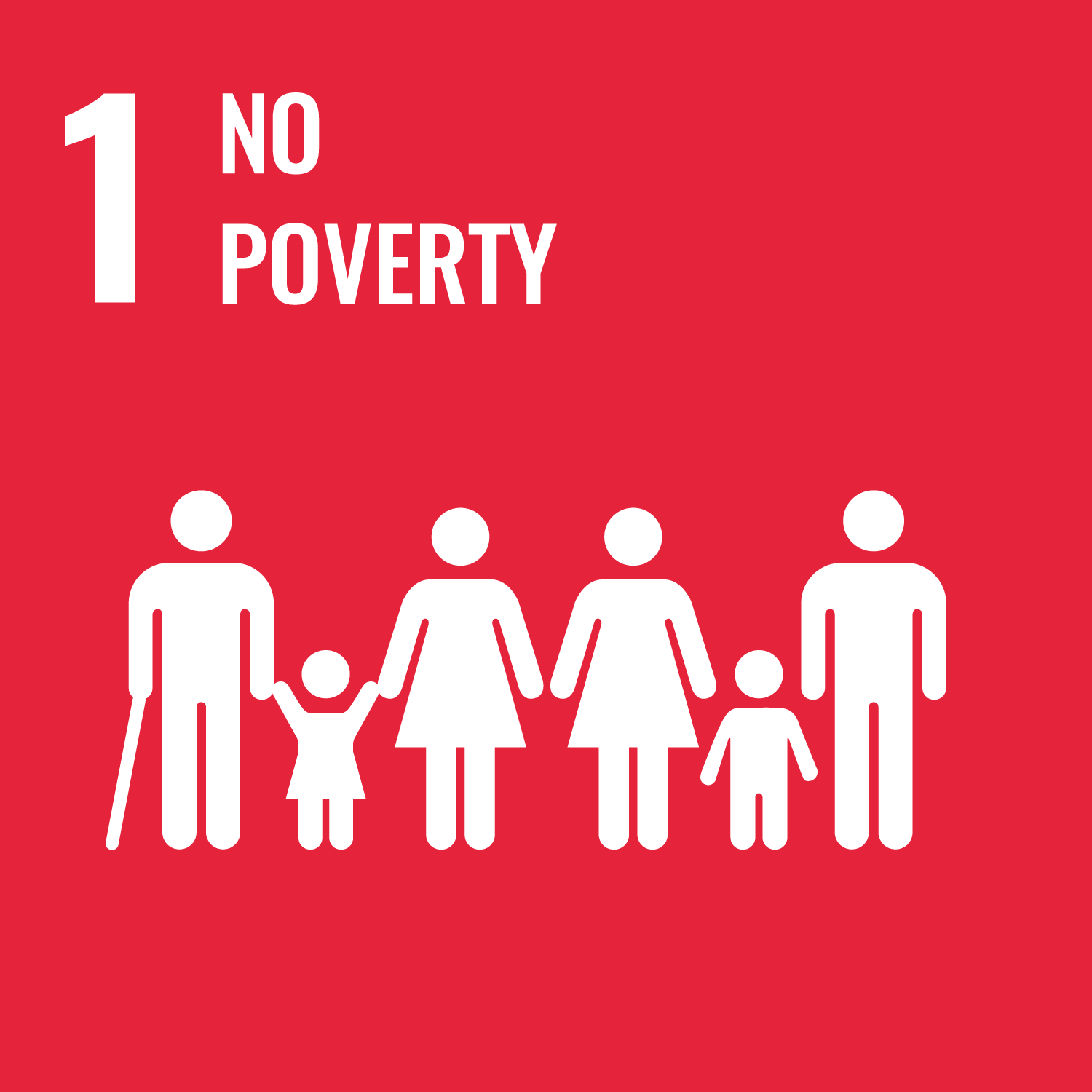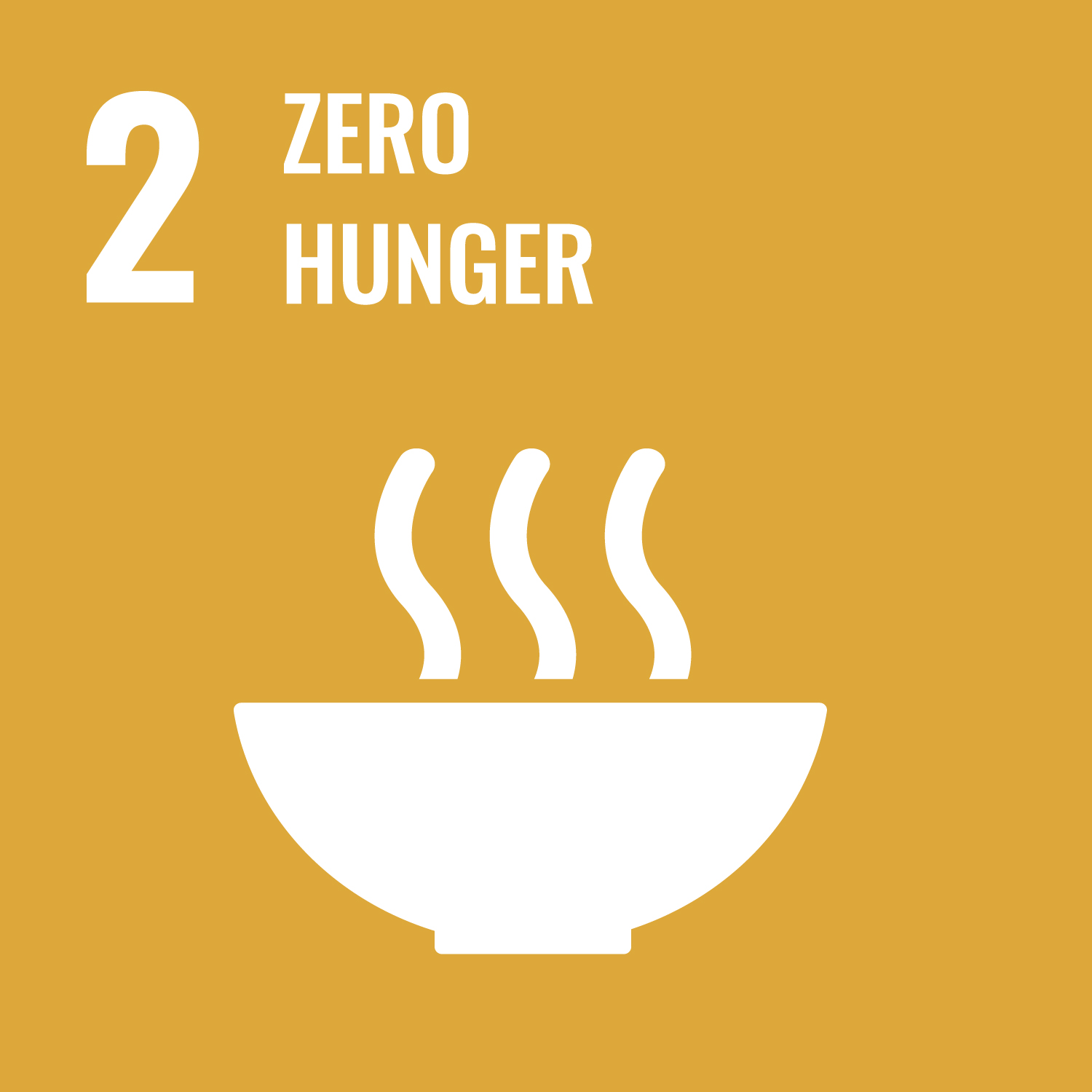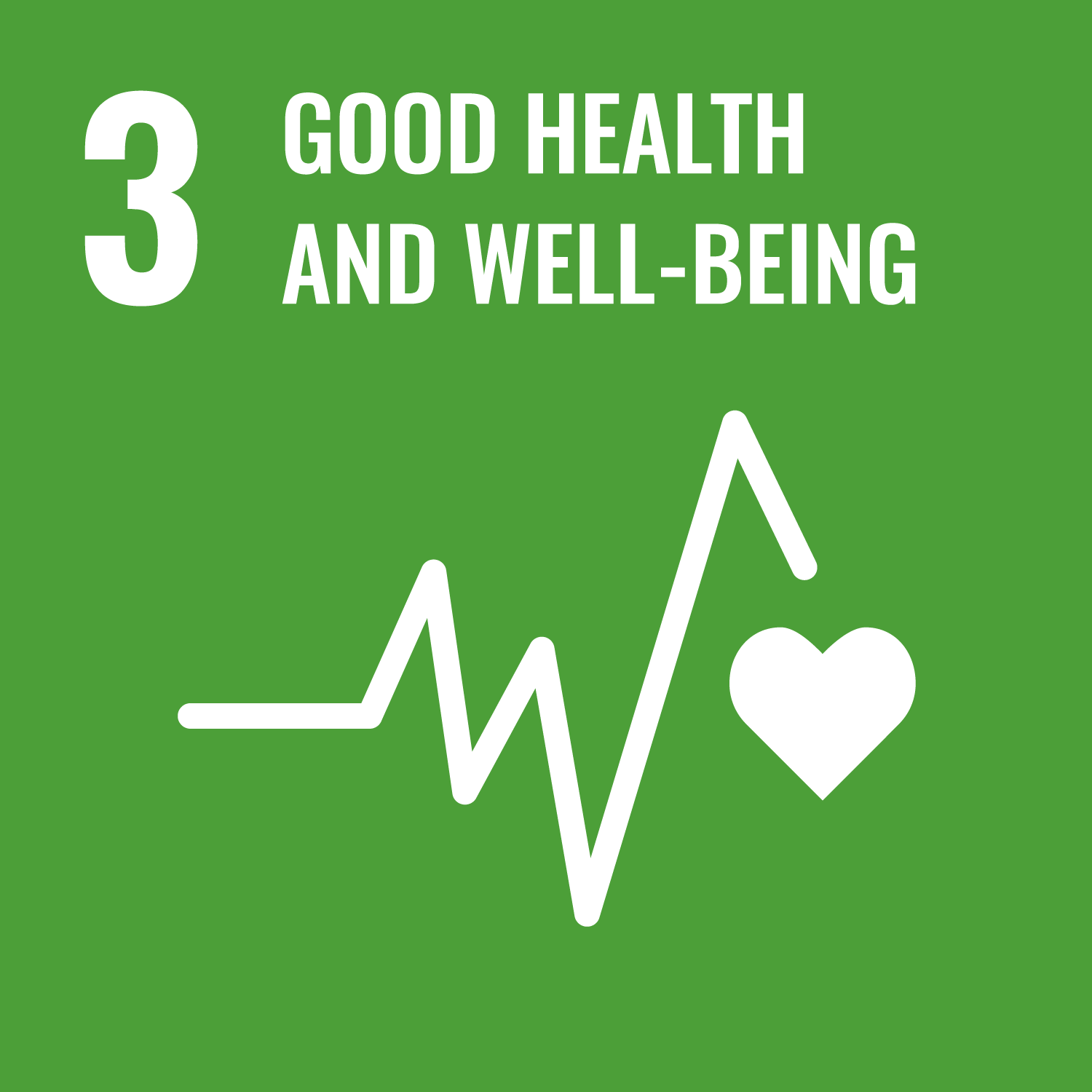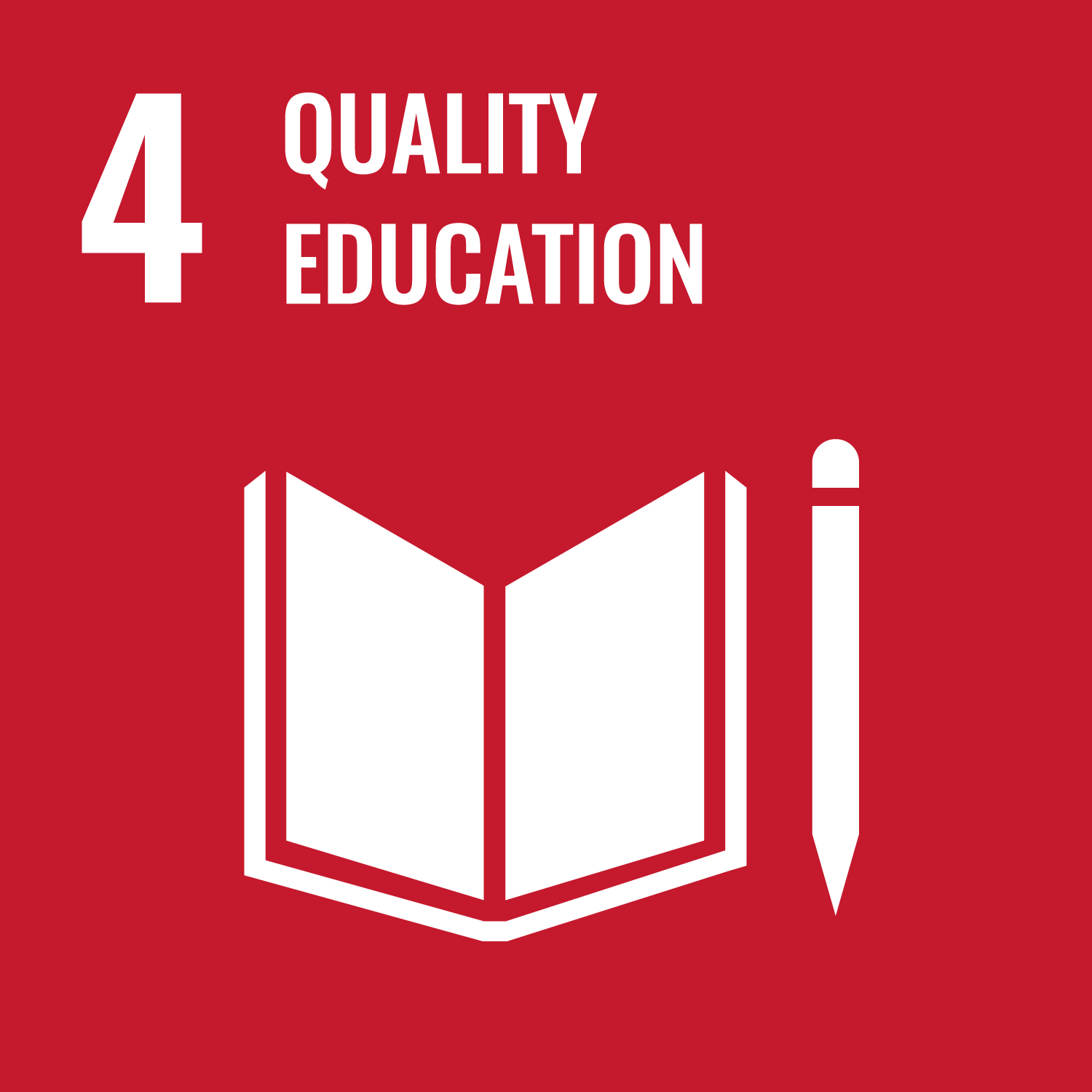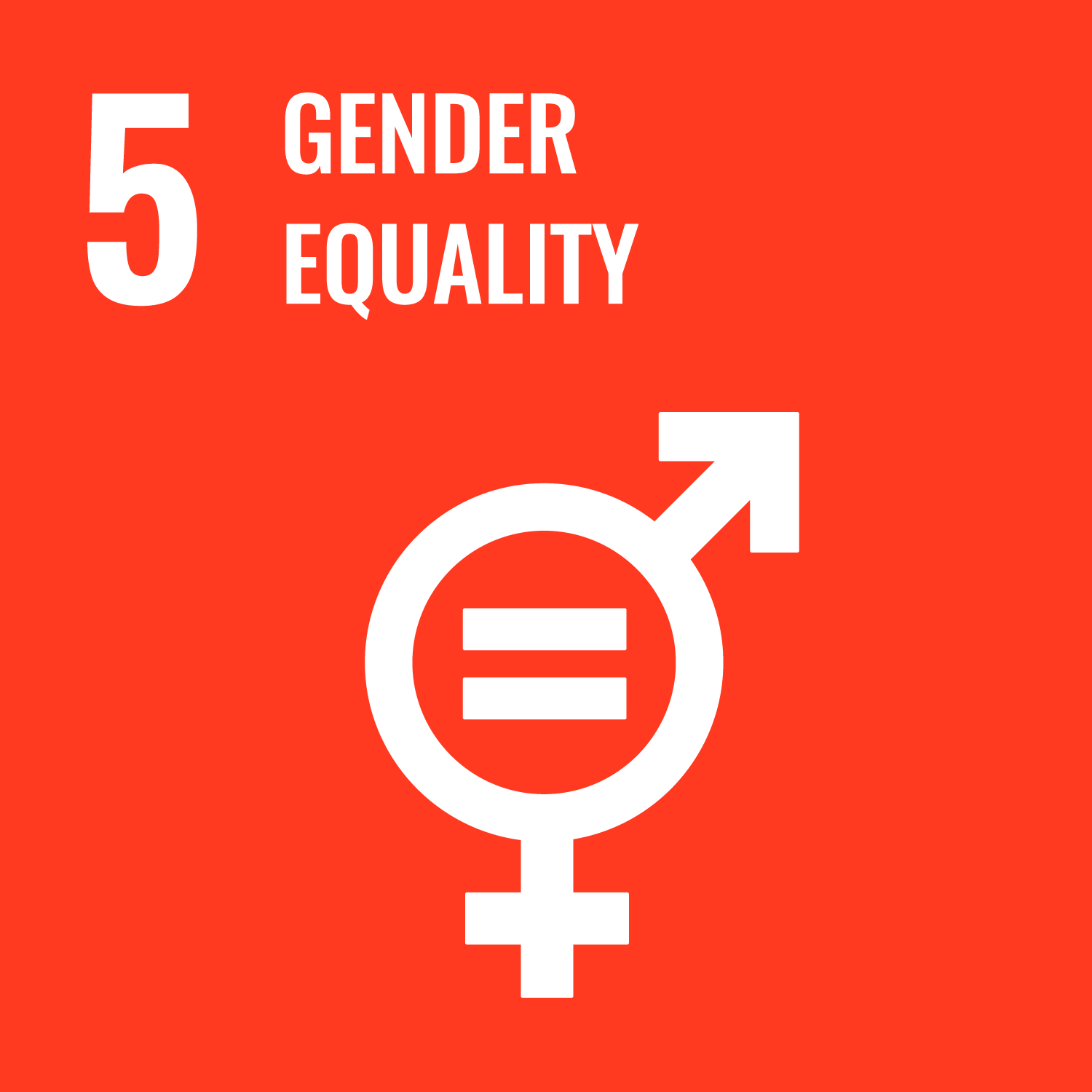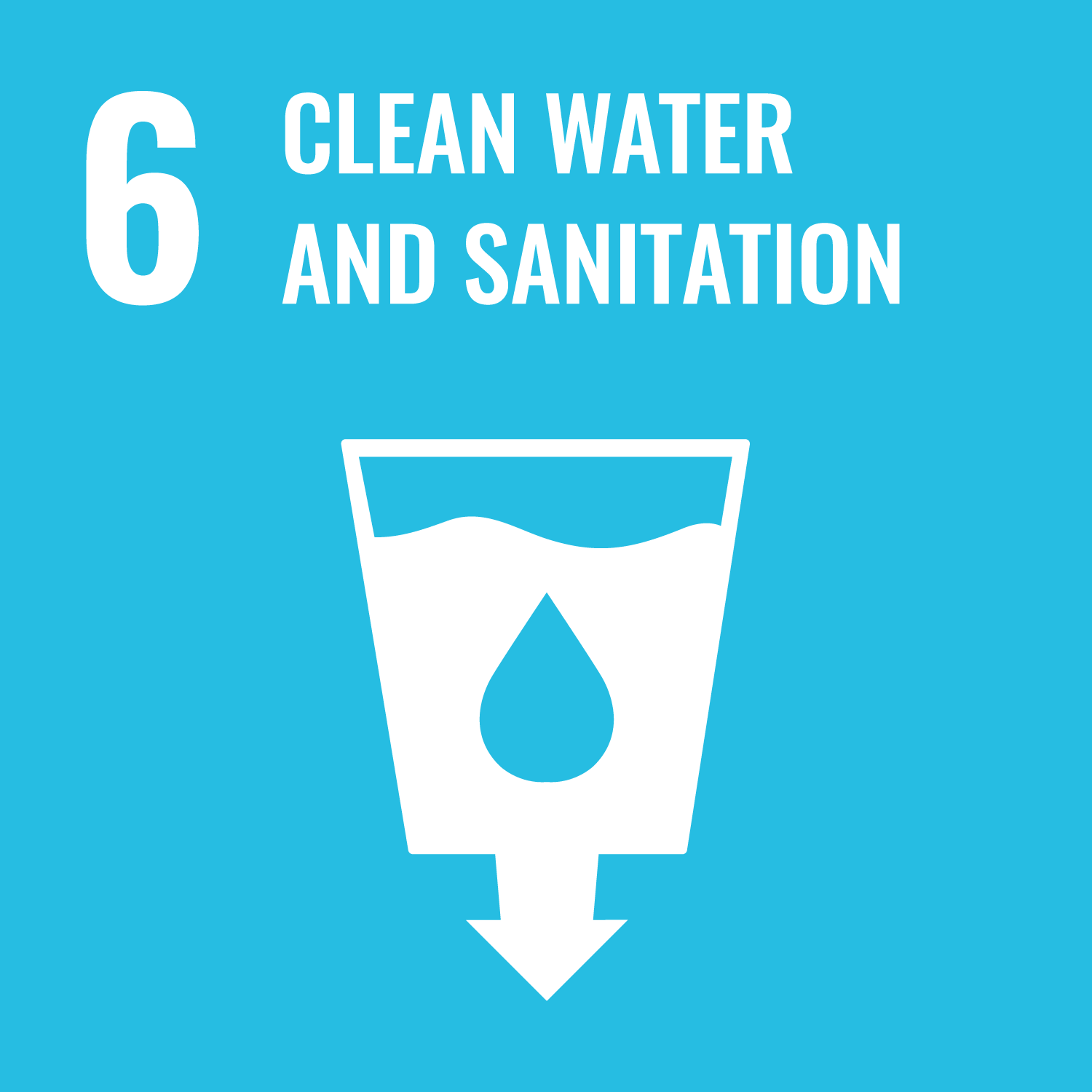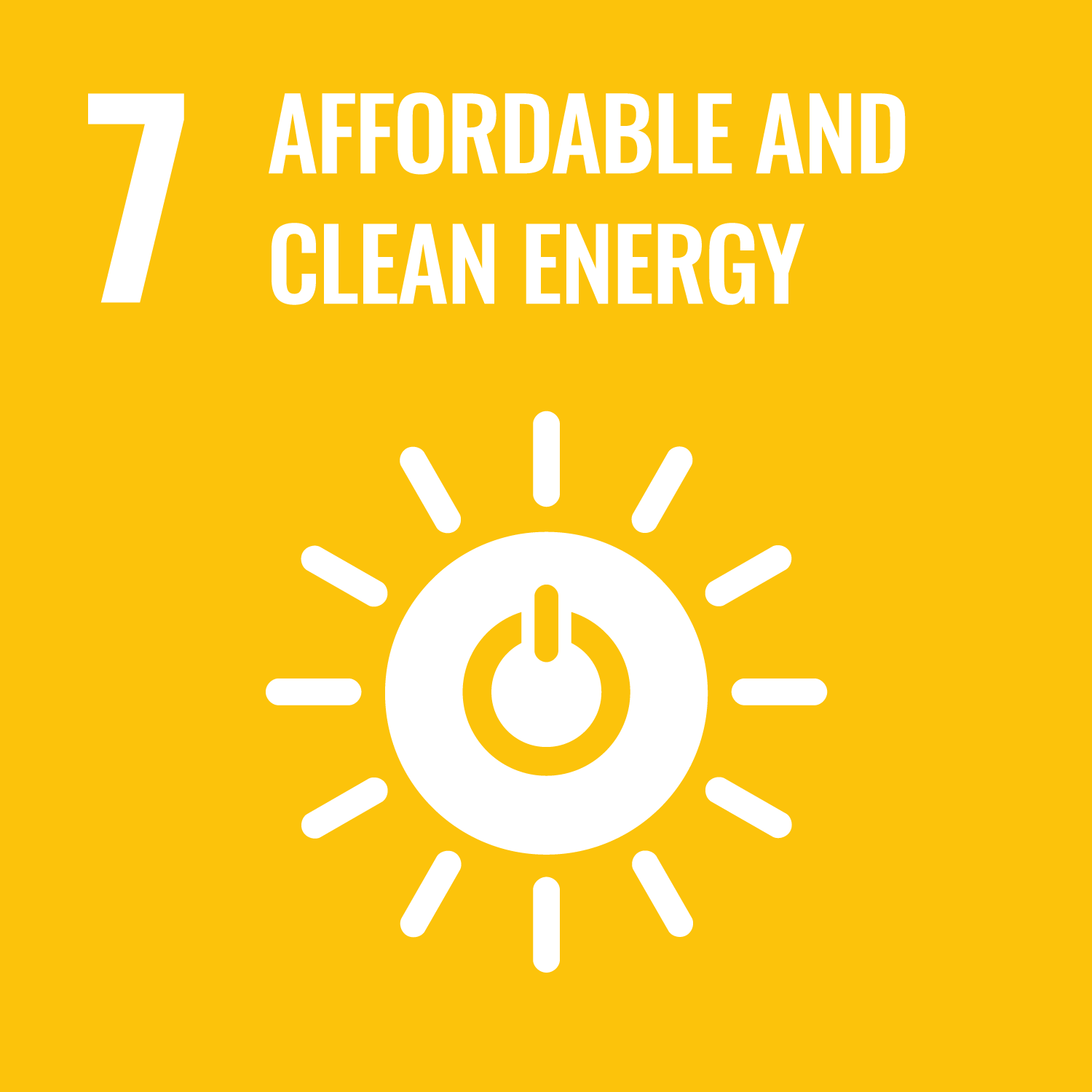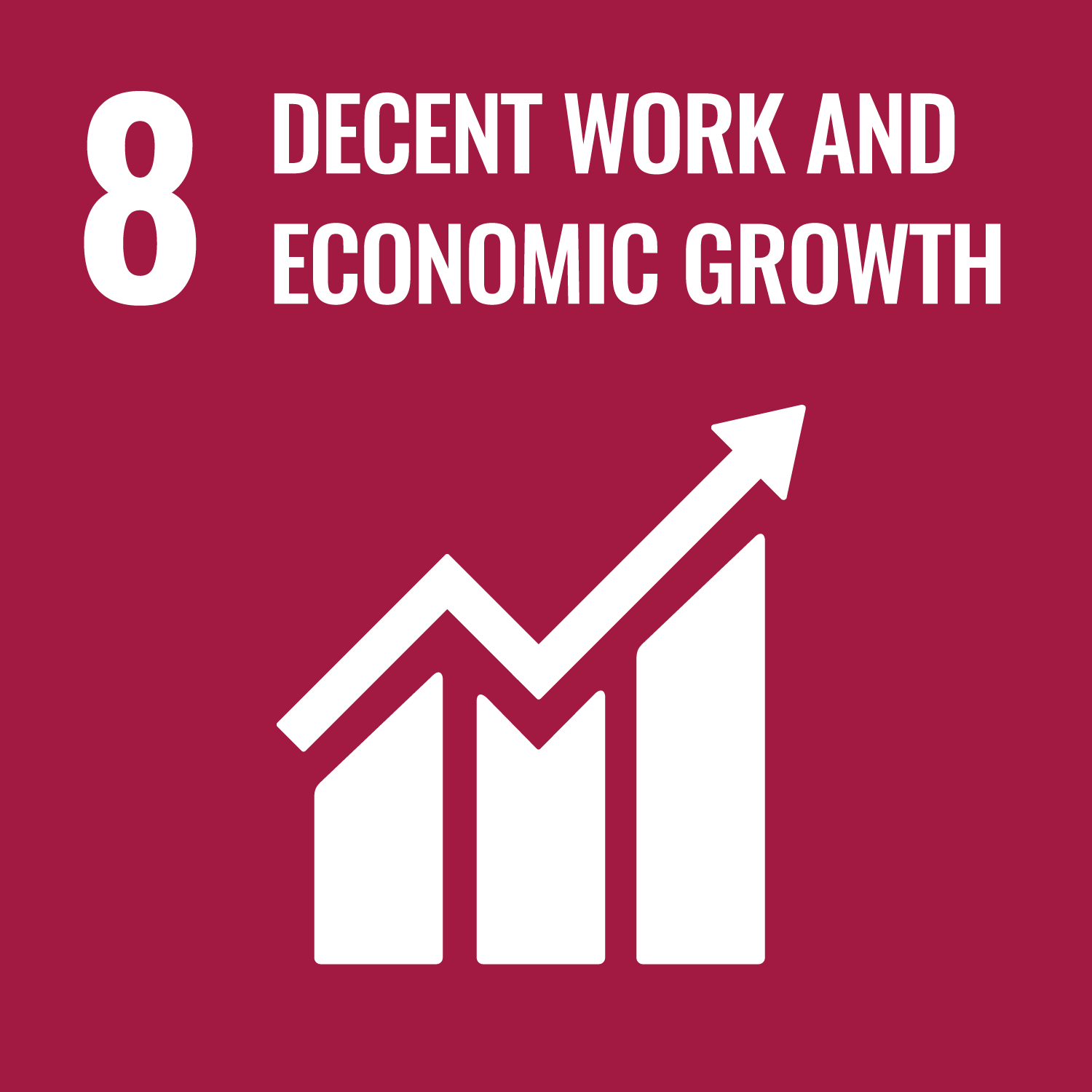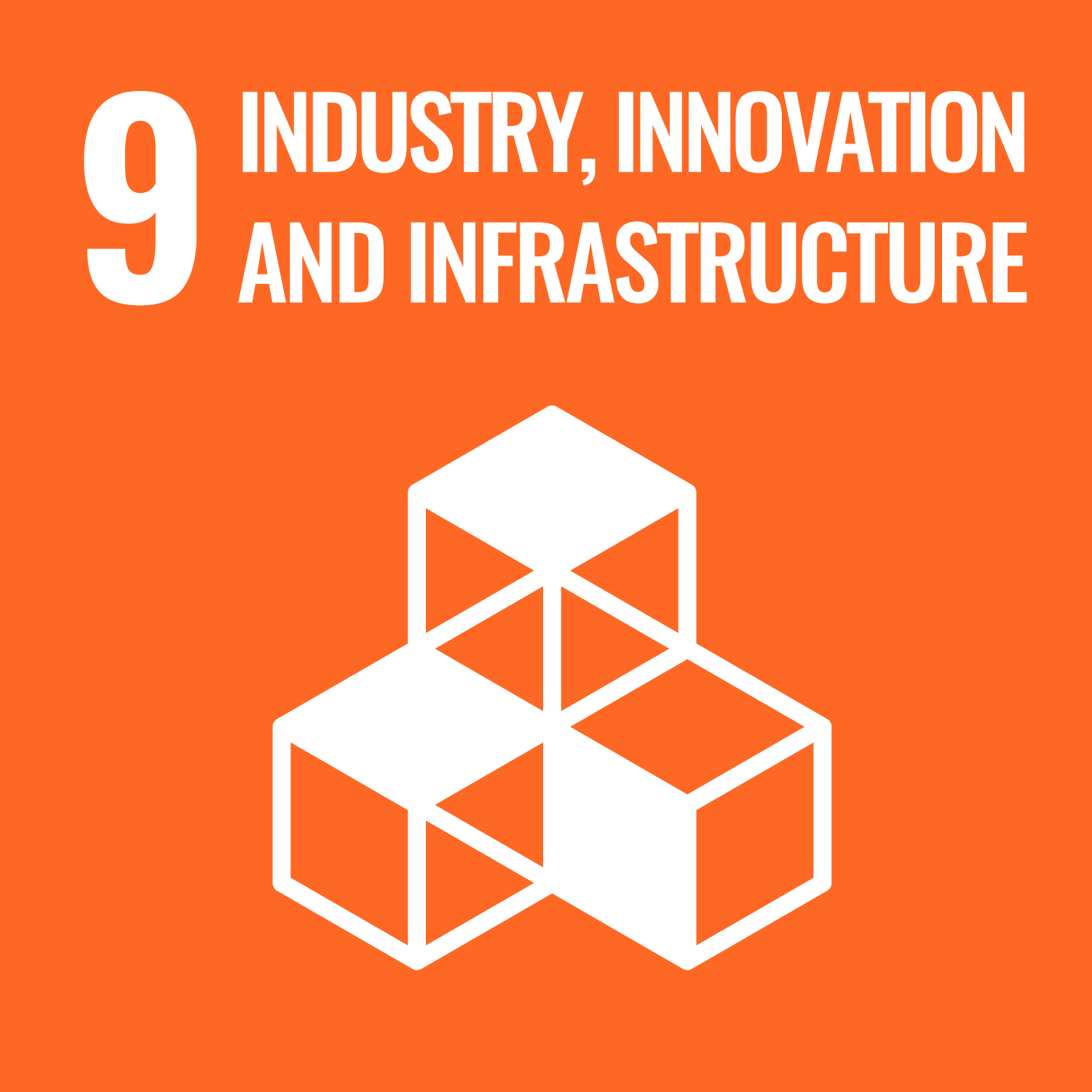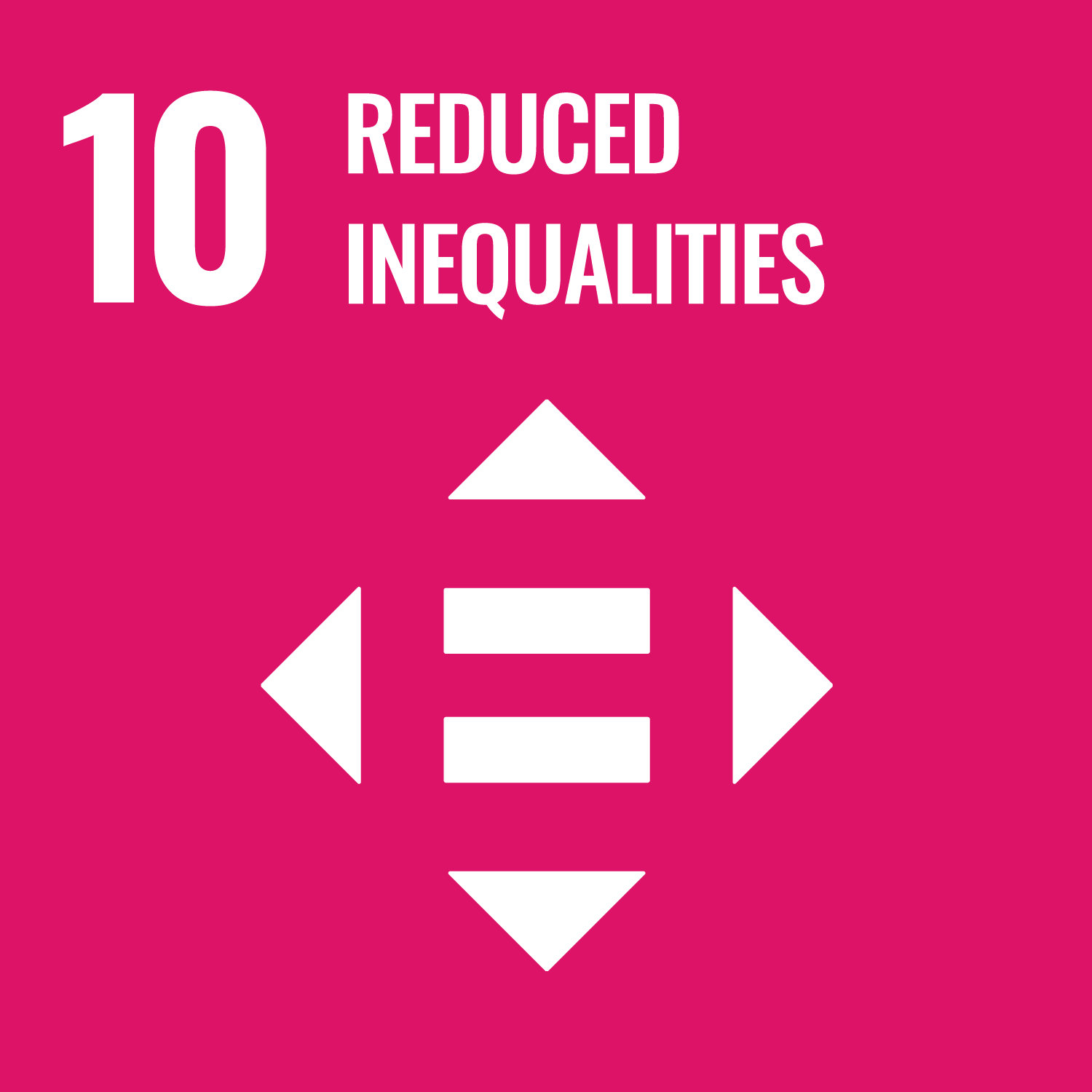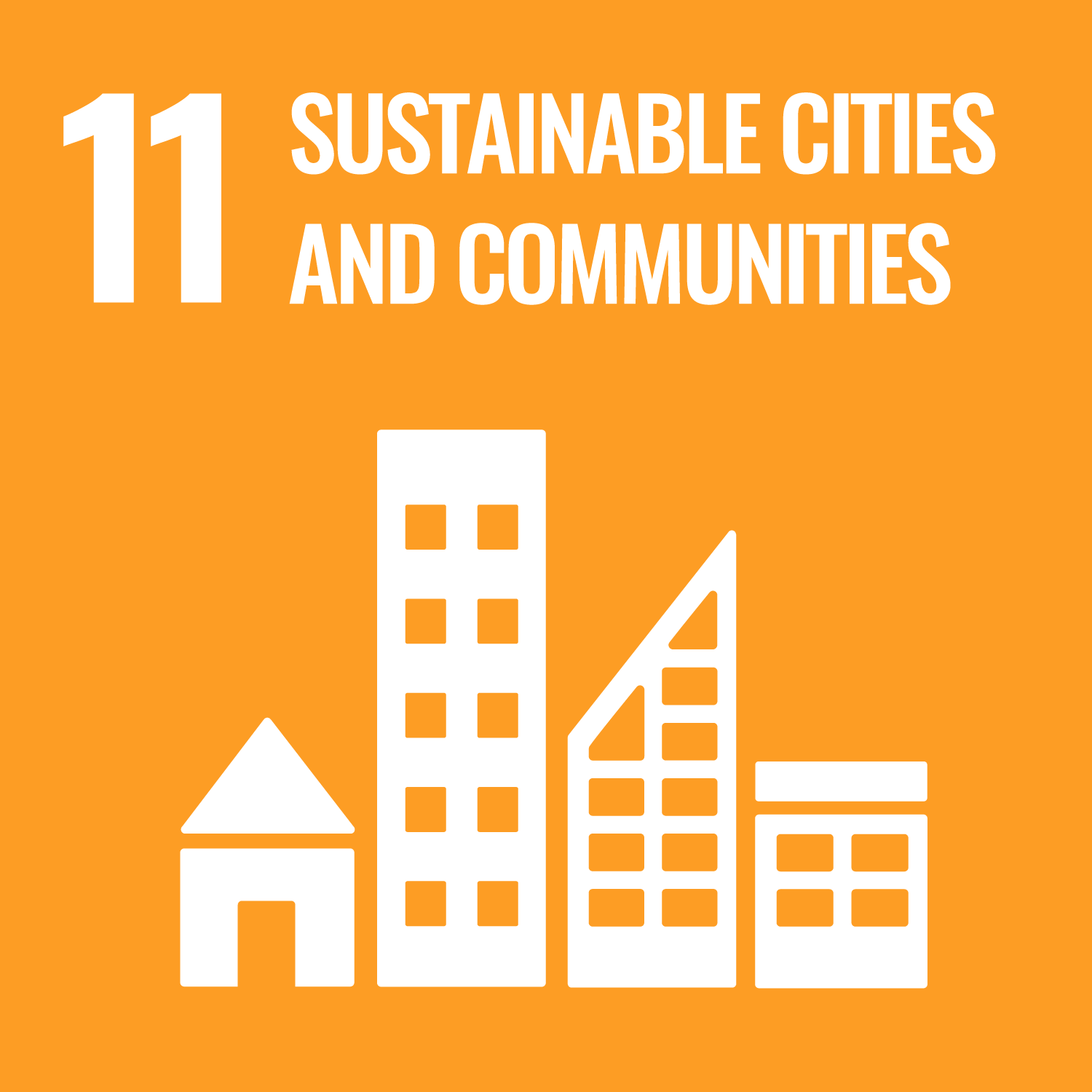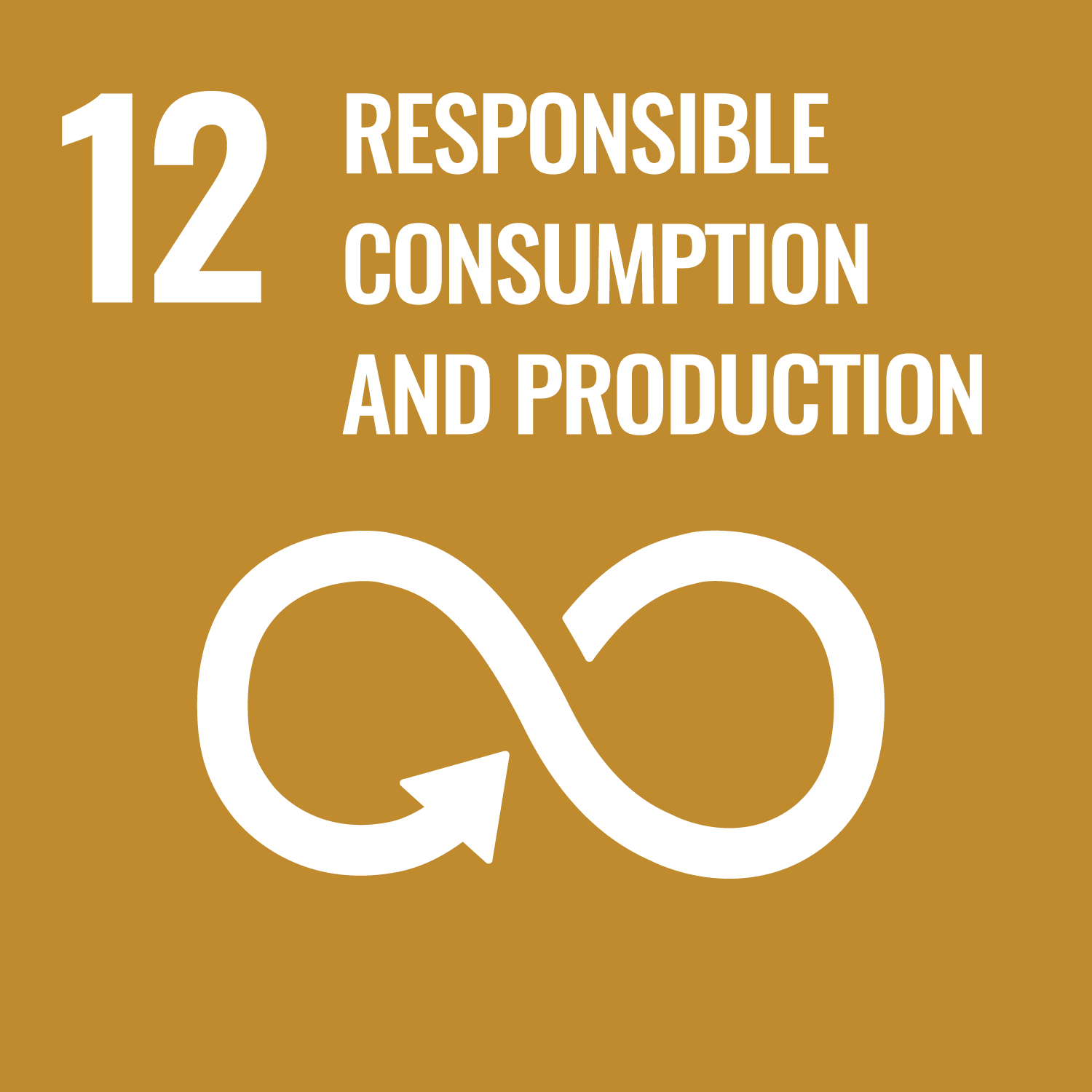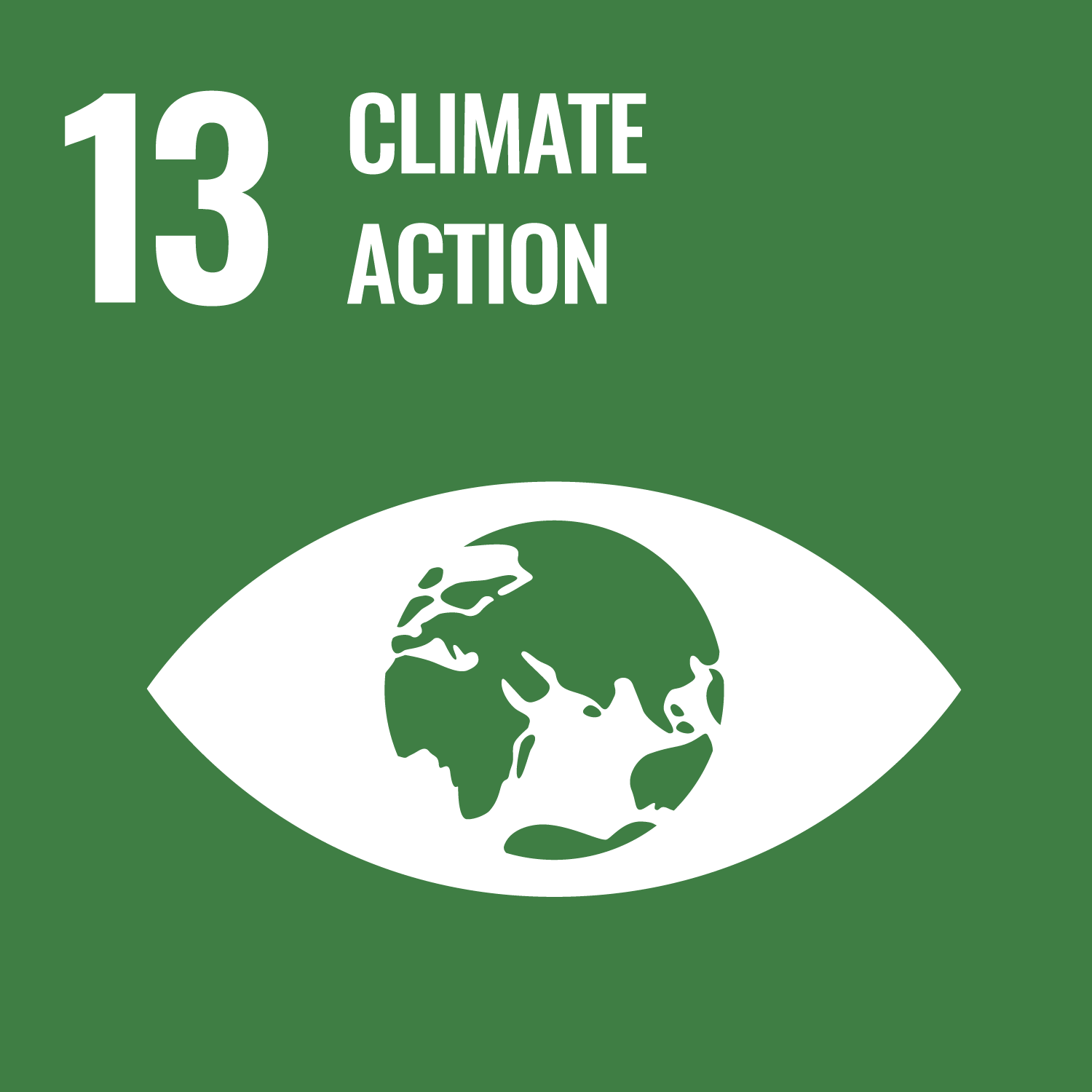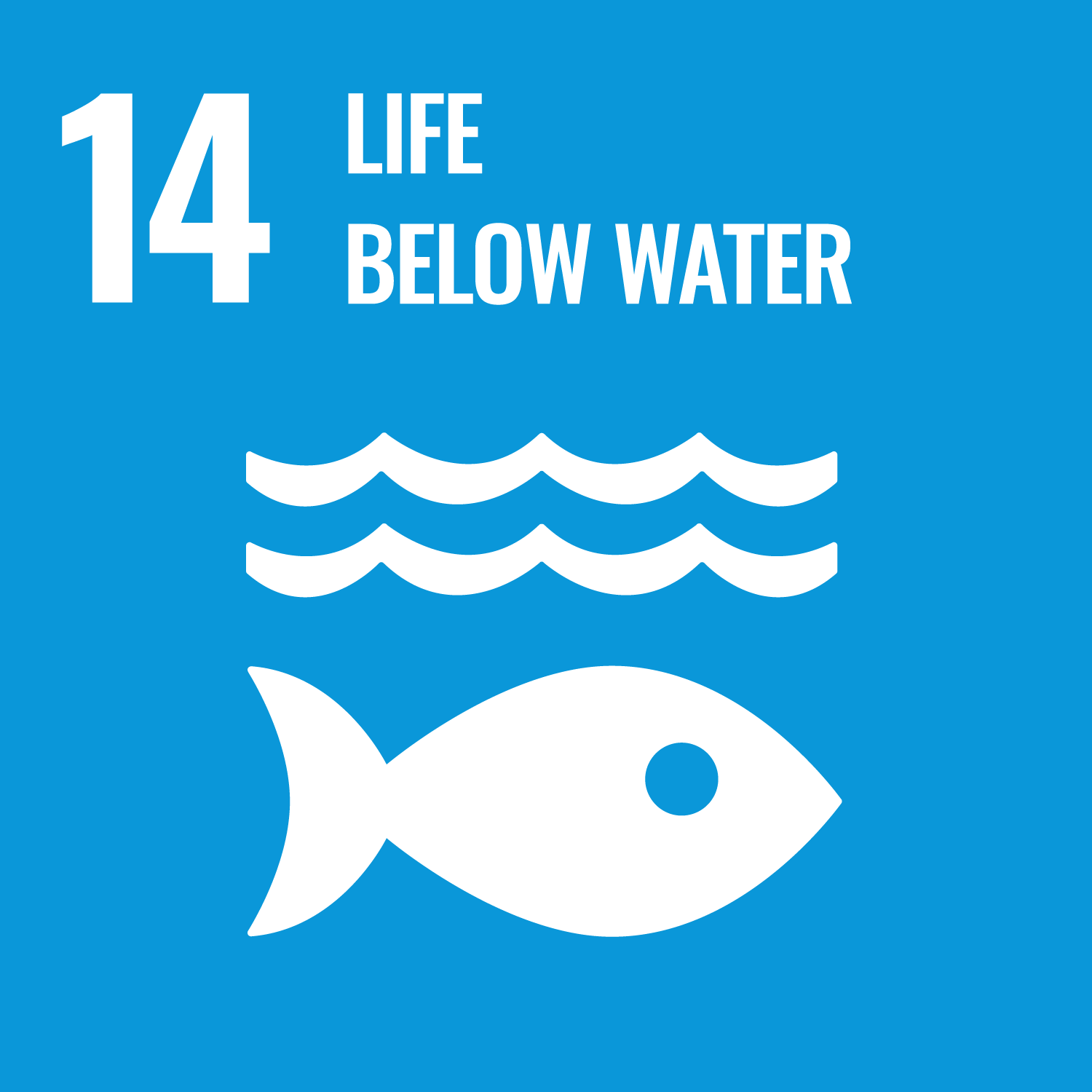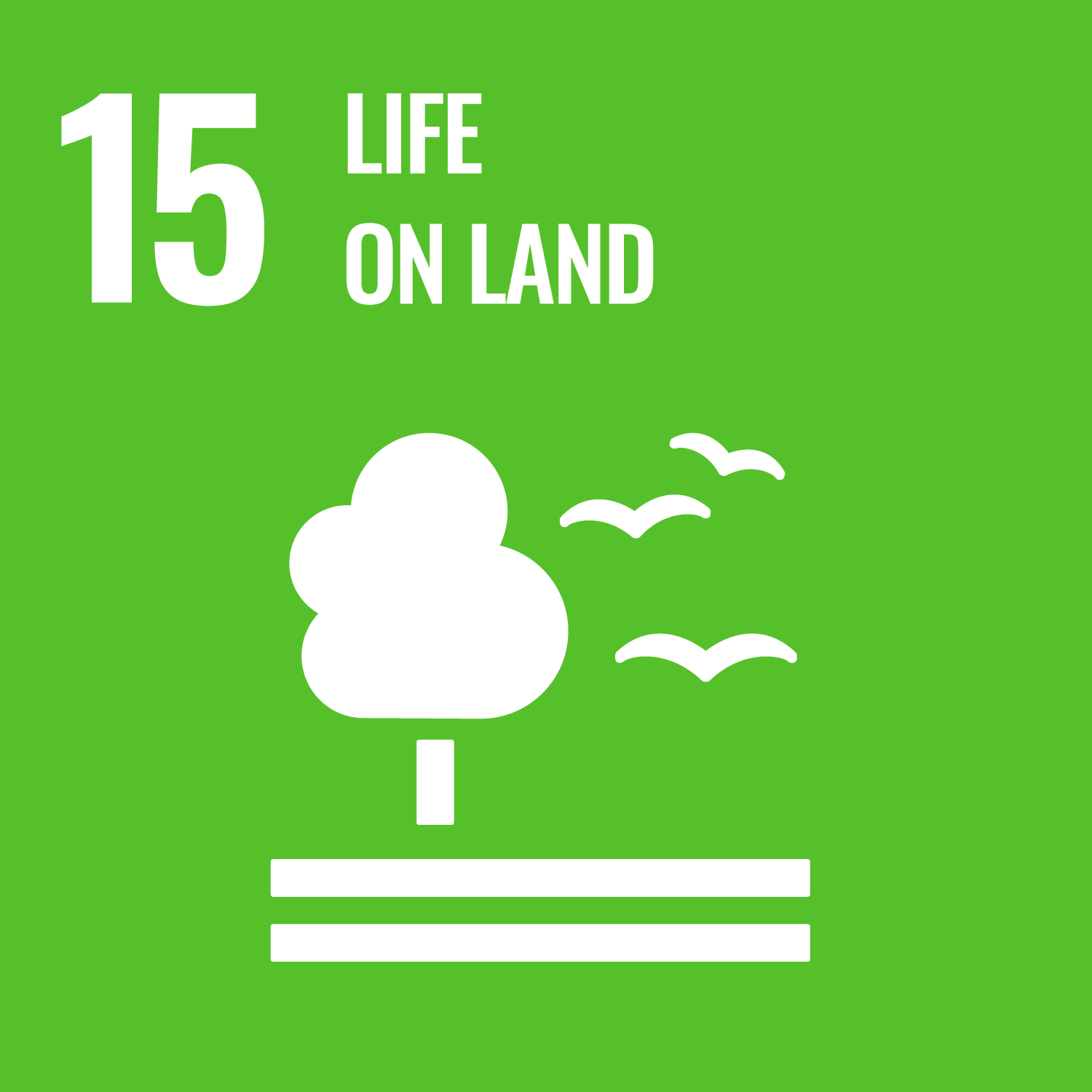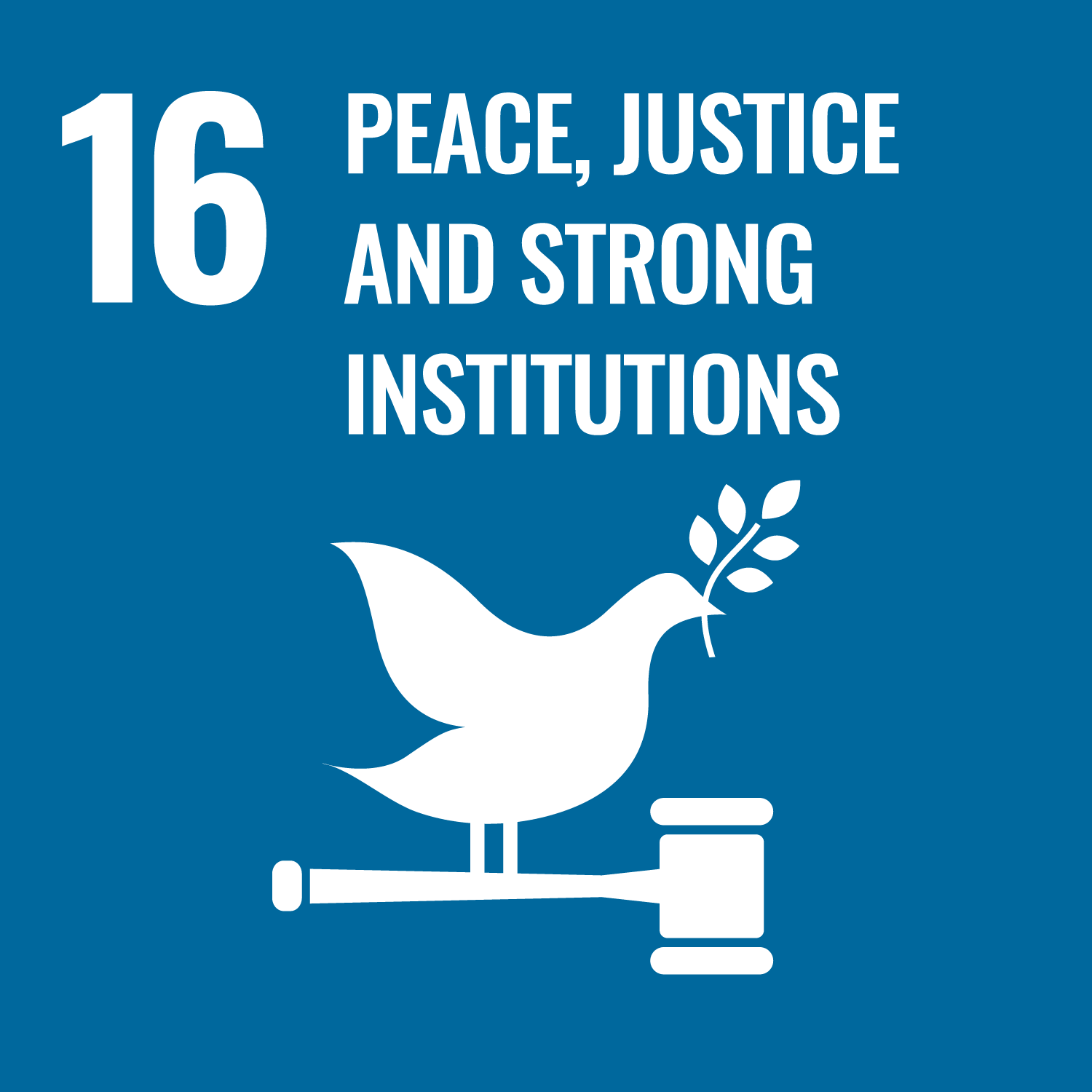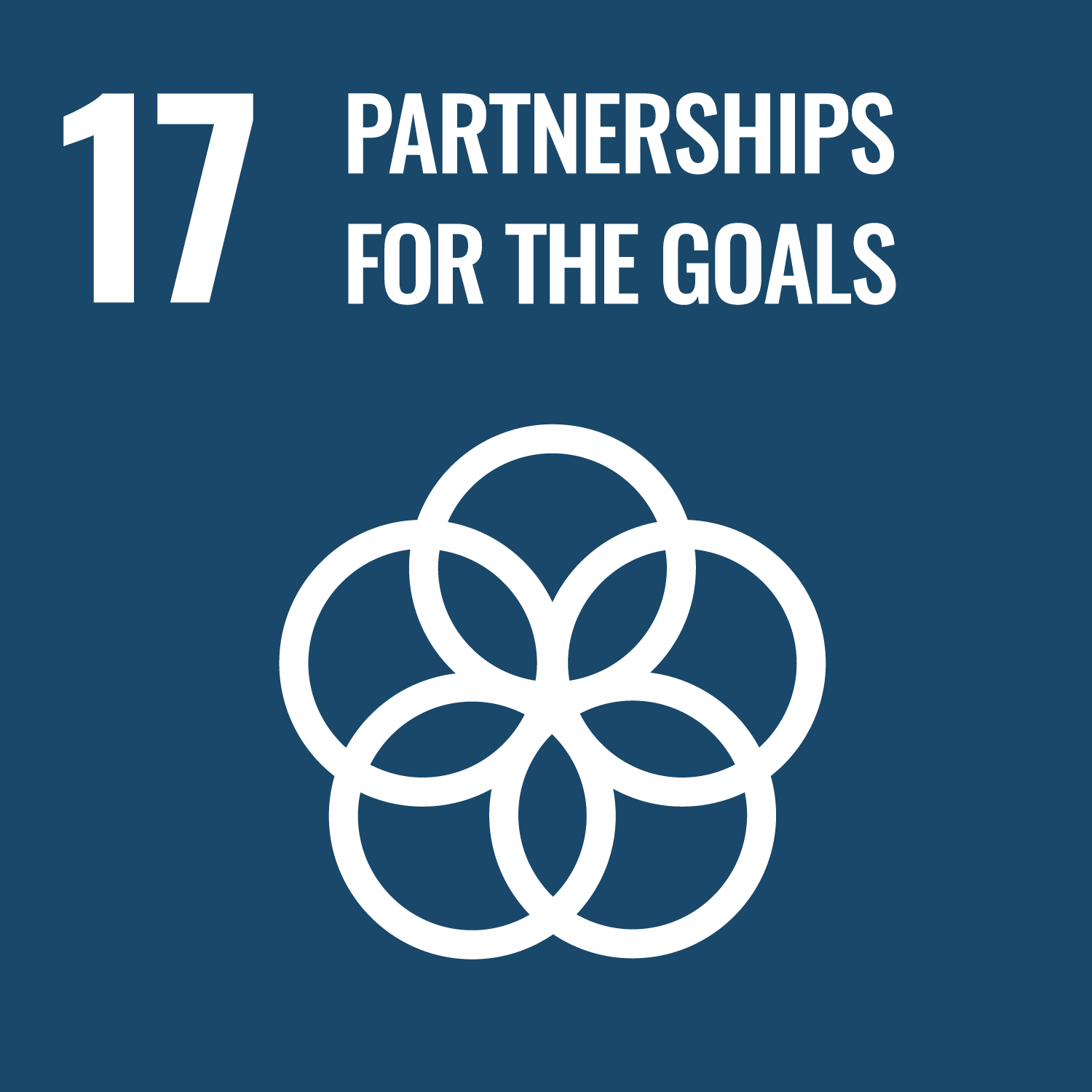Les clubs étudiants jouent un rôle important à Sorbonne Université Abu Dhabi et font partie intégrante de l’expérience d’apprentissage de chaque membre de la communauté étudiante. Ces clubs permettent aux étudiants d’explorer et de développer leurs centres d’intérêt et leurs loisirs parallèlement à leurs études universitaires.
Que leurs centres d’intérêts soient portés vers la science, l’art, la culture, l’histoire ou les questions sociales, les étudiantes et les étudiants de Sorbonne Université Abu Dhabi trouveront toujours un club à la hauteur de leurs passions. Sorbonne Université Abu Dhabi soutient et encourage les étudiants à participer à divers clubs, notamment : Sorbonne Abu Dhabi Model United Nations Club (SUAD MUN), le Debate Club, le Women Empowerment Club, le Mindfulness Club, le Sustainability Club, le Tolerance Club et l’Emirati Culture Club, entre autres.
Grâce à l’offre des clubs SUAD, les étudiants peuvent découvrir leurs points forts et les utiliser pour rendre leur séjour universitaire plus agréable. Ces clubs sont étroitement liés à l’offre de l’Université en matière de formations. À travers ces clubs, Sorbonne Université Abu Dhabi apporte un soutien important aux étudiants et les aide à poser des bases solides pour leur avenir professionnel.

 English
English
 Français
Français
 العربية
العربية



















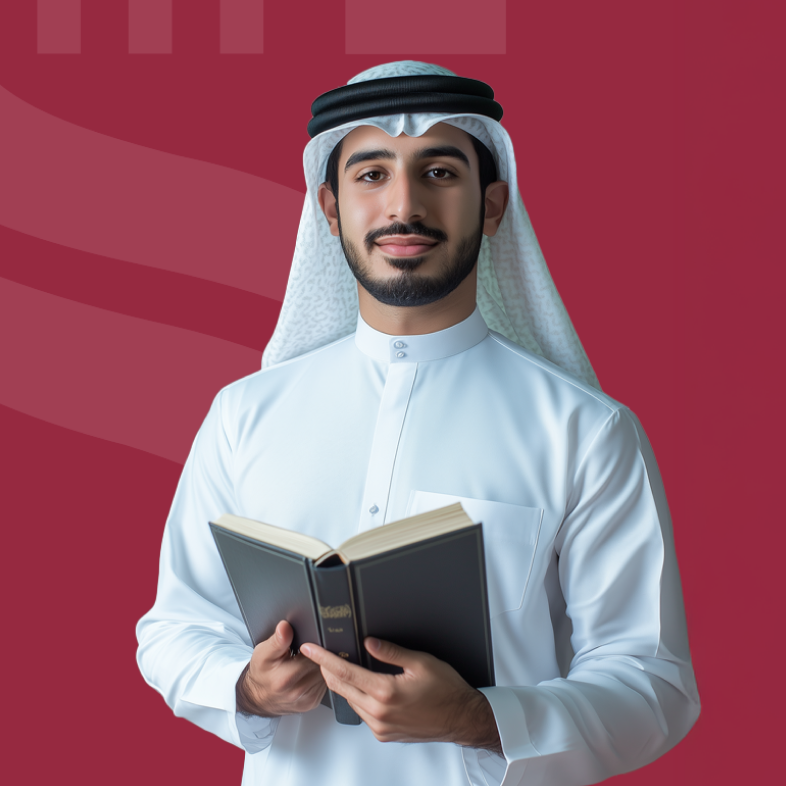
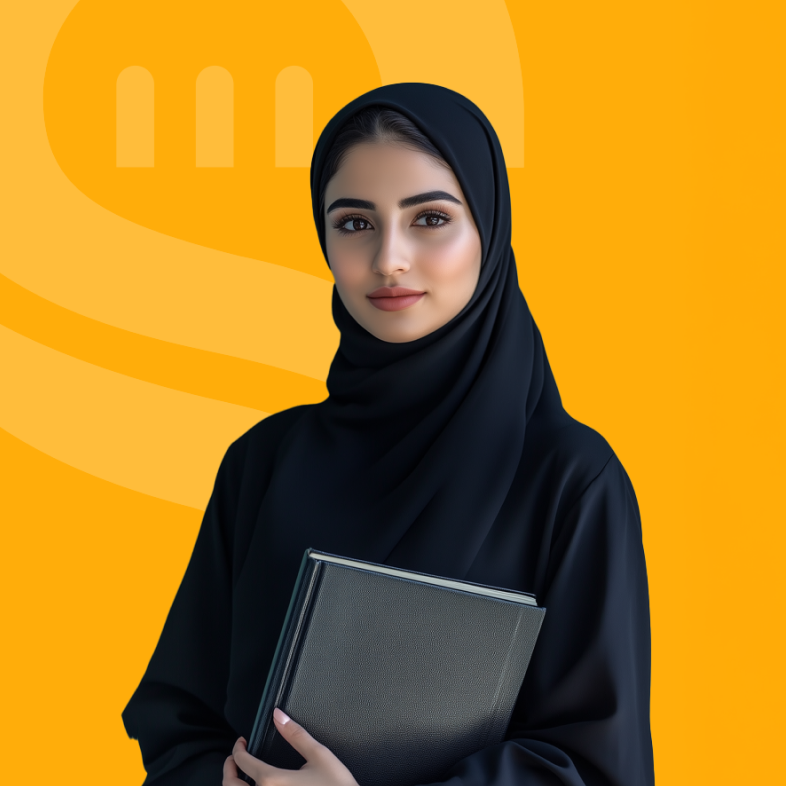


![Une introduction à l'arbitrage commercial international[:]](https://sorbone.apps.plana.ae/uploaded/2025/Jul/yR7ID5t9j8U7YPJ0z8kC31r0iqV3Zjf49LuNLWRS.jpg)
![Comment l'évaluation économique des programmes de santé peut-elle aider à la prise de décision publique ?[:]](https://sorbone.apps.plana.ae/uploaded/2025/Jul/tnIvos87br792SEUqjEBdbgMsA5909OIXAZ9fVcF.jpg)
![Conférence - Régulations de l'IA : entre politiques et lois aux Émirats Arabes Unis et dans l'Union Européenne[:]](https://sorbone.apps.plana.ae/uploaded/2025/Jul/mKfTlxJIjcftcsrOL8WYZ37qQNzfK2R4v3kkrATG.png)
![Symposium - L’influence de la CNUDCI dans le monde arabe[:]](https://sorbone.apps.plana.ae/uploaded/2025/Jul/mO2lSj1lxLUo8XEFIF1Gcp1YY5C6rMOoe0CvPgOm.png)

